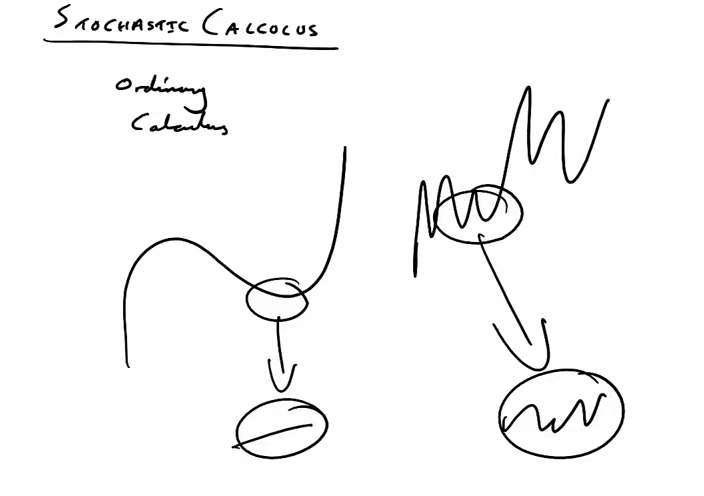8_R
- hrafnulf13
- Oct 23, 2020
- 2 min read
Updated: Oct 28, 2020
Independence
Two events are statistically independent if the occurrence of one does not affect the probability of occurrence of the other (equivalently, does not affect the odds) [1, 2]. In other words, two variables are independent if the realization of one does not affect the probability distribution of the other.
If
P(A | B) = P(A)
then A is statistically independent of B, since occurence of B makes no difference to how often A happens.
Also, based on conditional probabilities where
P(A | B) = P(A and B) / P(B)
=> P(A and B) = P(A | B) * P(B), if A is independent of B, then
=> P(A and B) = P(A) * P(B), if this is true then B is also independent of A
=> P(B | A) = P(A and B) / P(A) = (P(A) * P(B)) / P(A) = P(B)
so A and B are independent

For example, one way to test the independence
P(A and B) = P(A) * P(B) = > P(Male and Football) = P(Male ) * P(Football)
=> P(Male and Football) = 0.25 * 0.75 = 0.1875
=>P(Female and Football) = 0.75 * 0.75 = 0.5625, thus they are independent,
This relation is based on, property that for every cell Xij (joint distribution), its relation with marginal probability (X_j column and Xi_ row) is equal to relation of marginal probability of the row (if Xij/X_j) to total probability which is 1 (X). Note that, this applies not only for relational frequencies.
Xij/X_j = Xi_/X => X * Xij = Xi_ * X_j, which same for the row relation
Xij/X_i = X_j/X => X * Xij = Xi_ * X_j
For example,
P(Male and Football) / P(Male) = P(Football) / P(Total) = 0.75
or
P(Male and Football) / P(Male) = P(Football) / P(Total) =>
P(Male and Football) * P(Total) = P(Football) * P(Male) = 0.1875
For simple frequencies
F(Male and Football) / F(Male) = 15/20 = 0.75 <=> F(Football) / F(Total) = 60/80 = 0.75
or
F(Male and Football) * F(Total) = 15*80 = 1200 <=> F(Football) * F(Male) = 20*60 = 1200
References
https://en.wikipedia.org/wiki/Independence_(probability_theory)
https://machinelearningmastery.com/joint-marginal-and-conditional-probability-for-machine-learning/
https://intl.siyavula.com/read/maths/grade-11/probability/10-probability-05



Comments